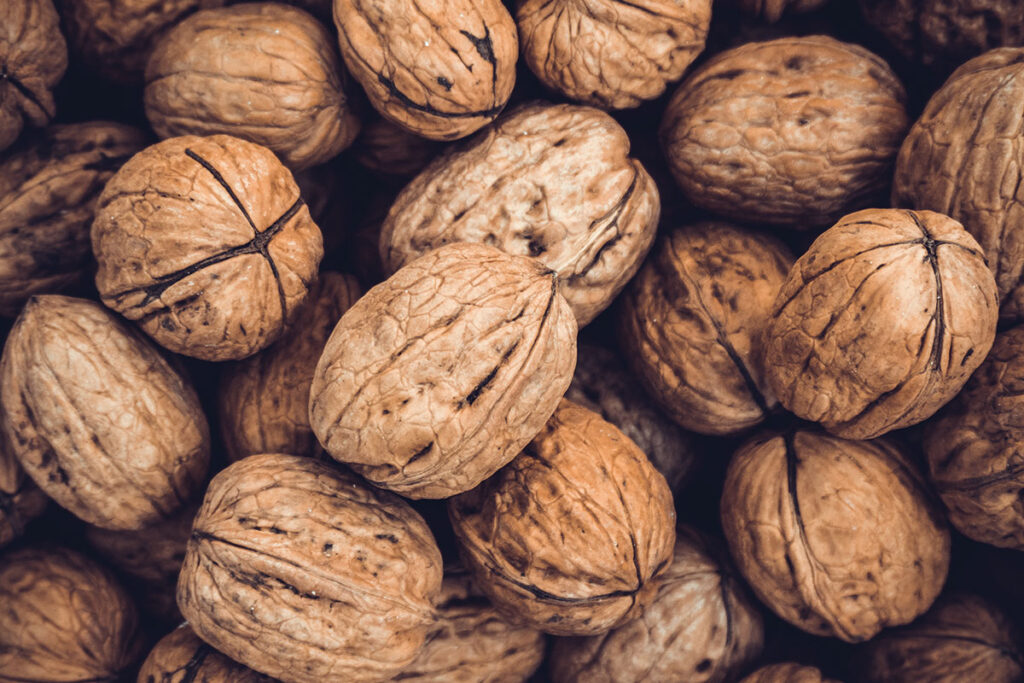Advertisement
Don’t Ignore Your Liver
Protect your liver with healthy choices

Most people think if you don’t drink, you won’t get liver disease. In fact, most people don’t think much about their liver at all. But nonalcoholic fatty liver disease (NAFLD) is the most common liver disease in Canada.
Advertisement
What is NAFLD?
For most people, nonalcoholic fatty liver disease causes no signs and symptoms and no complications. But in some people, the fat that accumulates can cause inflammation and scarring in the liver. This more serious form of nonalcoholic fatty liver disease is called nonalcoholic steatohepatitis (NASH). At its most severe, NASH can progress to cirrhosis and liver failure and cause death. The only cure is a liver transplant.
It is believed that in Western countries, 25 percent of the population has NAFLD. In patients with obesity or type 2 diabetes, up to 85 percent may have NAFLD.
Nonalcoholic fatty liver disease involves the accumulation of fat in the liver of people who drink little or no alcohol. While the cause is unknown and there may be a genetic link that makes some people more susceptible, NAFLD is associated with obesity, type 2 diabetes and high cholesterol. A person has a fatty liver when fat makes up at least 5 percent of the liver.
Advertisement
Lack of symptoms
NAFLD generally does not cause symptoms, though some people experience tenderness in their lower right abdomen, low energy, or fatigue. It is usually only discovered when liver enzymes are elevated during routine bloodwork. It can be confirmed with an ultrasound, CT scan, or biopsy.
Advertisement
Lifestyle management
The good news is that making positive lifestyle choices can prevent or control NAFLD. “There is no approved standard treatment or medication for NAFLD,” says Sarah Penney, ND, who practises in Hamilton, Ontario.
“It’s about changing the risk factors that can contribute to this condition—weight management and controlling blood sugar and cholesterol levels. Weight is the most important factor. A healthy weight through increased physical activity and healthy eating can improve NAFLD, as well as other associated diseases.”
Be sure to keep your weight loss gradual—one to two pounds a week—as Penney says rapid weight loss can contribute to fatty liver. According to Penney, it is believed this is due to the large amount of fat mobilized from tissues for the liver to process. Another theory is that the liver may start to produce and store more fat as a reaction to rapid weight loss.
Penney suggests starting with something as simple as walking for 30 minutes a day. “If you have been getting relatively little exercise, even walking can be a large part of your plan to speed up weight loss,” she says.
Advertisement
Dietary changes
And simply cutting calories isn’t enough. What you are eating is just as important. For example, high fructose corn syrup has been shown to be harmful because the liver uses the fructose to create fat, which can then accumulate in the liver. Fructose is found in soft drinks, candy, packaged baked goods, and many flavoured yogurts.
Trans fats, or partially hydrogenated vegetable oils, which are found in packaged baked goods, potato chips, and fried foods, cause inflammation in your body. Penney recommends cutting back on these foods and managing inflammation with foods high in omega-3 fatty acids, such as fatty fish, nuts, and seeds.
Jennifer Trecartin Brott, a holistic nutrition consultant in Vancouver, says vitamin E is a powerful antioxidant that has also been found in some studies to specifically benefit the liver. Excellent sources include walnuts, flax, salmon, avocado, and leafy greens. “According to traditional Chinese medicine, bitter foods are also good for the liver. This includes arugula, daikon radish, dark chocolate, garlic, onions, watercress,” she says. “Carrots, apples with the skin on, lemon, and lime are also beneficial.”
Trecartin Brott recommends breaking down fats and decreasing inflammation with foods such as apples, lemons, and grapefruit, and then eating fibre to excrete it, including whole grains such as millet, buckwheat, and barley. “There is no quick fix. You can’t have one spinach salad and think you’re okay. It’s about ‘how can I fit this into breakfast, lunch, and dinner and really make a difference.’”
Advertisement
Get tested
Nonalcoholic fatty liver disease rarely causes symptoms. If you have the risk factors, ask your health care practitioner to test your liver enzymes.
Advertisement
What does your liver do?
The liver is one of the largest organs in the body. It has many important metabolic functions. It converts nutrients into substances the body can use, stores these substances, and supplies cells with them when needed. It also converts toxins into harmless substances or makes sure they are released from the body. The liver breaks down fats and produces energy. Liver cells play a role in blood clotting, producing bile to break down fats, and keeping blood sugar levels constant.
Advertisement
Supplements for liver health
|
Advertisement Supplements |
Advertisement Benefits |
| vitamin D | Studies have shown a possible link between vitamin D deficiency and NAFLD. |
| curcumin (active ingredient in turmeric) | Its anti-inflammatory and antioxidant properties may help prevent the progression of NAFLD to a more serious liver disease. |
| milk thistle | The best researched plant for liver health, it helps protect the health of liver cells, increases antioxidants in the liver, and prevents fibrosis of the liver. |
| omega-3 | Studies have shown it is associated with a reduction in liver fat. |





